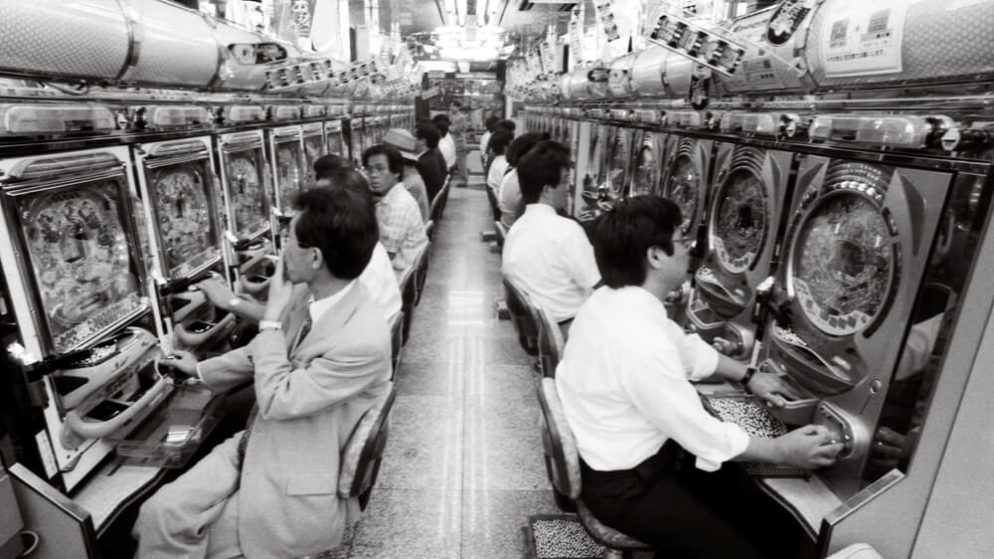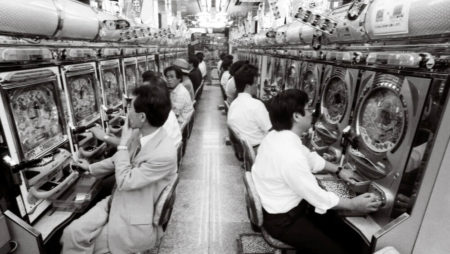

Gambling in Japan is a challenge compared to some other parts of the world. This does not mean that gambling is banned in the country. It does mean that the laws and guidelines controlling gambling activity are very strict in Japan. This is why you do not see traditional land-based casinos as you would expect to find in other places. But the Japanese had found a way around that and have places for legal gambling activities. In this article, we will take a closer look at what games are legal and popular in Japan and what to expect from each.
Offshore Online Casinos Are Popular
The internet has provided many different forms of gambling in Japan. Although it continues to be illegal to host or operate online casino sites within the country, there is nothing preventing gamblers there from joining and participating in gambling activities and any of the countless internet-based casinos that target the Japanese audience. As is the case in many other parts of the world, online casinos enter a grey area when it comes to regulations regarding gambling. As such, offshore sites have capitalized on these loopholes and provide the right kind of gambling entertainment that attracts players from Japan.
What Gambling Exists In Japan
Two very popular gambling games have a firm grip on players who like to wager a bit of money on the games they play. They are slot games and Pachinko. There are several Pachinko parlors situated in busy downtown cores in major cities in Japan. They typically include both Pachinko games and slot machines. The popularity of both games saw an eventual evolution to a game that combined both known as Pachislots. These machines sit alongside other Pachinko and slots in these well-located parlors.
A Bit O’ History
Pachinko first surfaced in Japan in the 1920s. The games were made there and were originally intended as a form of entertainment for children. That changed in the 1930s when the children’s game was converted into an adult pastime by Masamura Takeuchi. The modification he made was to add a complex arrangement of nails to the playing board. This turned the game into a much more challenging activity. It also closely resembled the upright board of pins that we are familiar with in today’s Pachinko game. The first commercial Pachinko parlor went into business in Nagoya shortly after the Second World War leading to a string of parlors opening elsewhere in the country.
Pachinko – How To Play The Game
Probably one of the reasons why Pachinko is so popular is that it is as easy to play as slots – there is no special skill required. You either feed a Pachinko machine cash or tokens, then press the ‘play’ button. The last thing you do is crank the lever that feeds metal balls into the playing surface. You can release them one at a time or hold the lever to send a continuous stream of metal balls. Each of the balls bounces through the maze of nails that stick out from the vertical playing board. Gravity pulls the metal balls through the maze.
The similarities to slots go even further with Pachinko. A win is when a player ends up with three similar numbers selected (444, as an example). When this occurs, the machine will play a song and each winning ball earns the winner ten new balls. These new balls can be collected by the player by pressing a button that drops them into a collection bucket. The new balls are your winnings, which permit you to continue playing the game.
Pachinko Parlor Rules
There are several guidelines players must follow while playing Pachinko or slots in a Pachinko parlor. They include:
- The pinballs must remain within the parlor premises unless being exchanged for cash
- Players are not permitted to play any of the games while consuming alcohol
- Winnings are paid out in either pinballs or some other item other than cash
- Winnings of any kind are exchangeable for cash at locations located next to the parlor
Japanese Laws For Slot Machines
As strict as the guidelines are for Pachinko in Japan, slots, which you can find out more about at https://www.mystino.com/ja/games/slot/ are also carefully controlled. Since slot games are found just about anywhere in the country, the government felt it was necessary to implement a set of rules that are in force at all times. They include the following:
- All slot machines should have no more than three reels
- Each of those reels must have a button that permits a player to stop it from spinning
- The spinning speed of the reels cannot exceed 80 revolutions per minute
- When a player presses the stop button, the reel must stop in .19 seconds
- The maximum payout per spin cannot be more than 15 coins
- The maximum number of credits allowed per machine is 50
- The maximum bet permitted for a spin is 3 coins
- There are age restrictions that are strictly enforced
Over the years, savvy players have found various ways to get around some of these slot rules. One of the most common is to utilize bonuses offered by some slot machines to increase winnings to more than the 15 coin maximum. Regardless of this, Pachinko parlors continue to be a safe and fun gathering place for friends to meet and enjoy some friendly gambling activity that is controlled but provides a form of entertainment.
Final Thoughts
As odd as it may seem, Japan does not have any land-based casinos. This is because gambling is so heavily regulated, that casinos are not permitted. Online casinos from offshore sites are available.However, a classic game of chance that has been around for a century, known as Pachinko, and slot machines are allowed. These games – and a hybrid that combines both – are strictly controlled. Gamblers have to seek out Pachinko parlors to gamble, but these sites are located in busy downtown sites to permit easy access.
Although winnings are restricted, online casino sites from offshore operators are also popular. As they typically do not have to meet the same strict guidelines as the countries they reach, gamblers living in controlled locations often find these sites welcoming. However, in Japan, as long as Pachinko remains popular, the percentage of gamblers visiting offshore sites will only be marginal at best.



